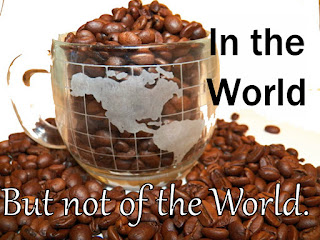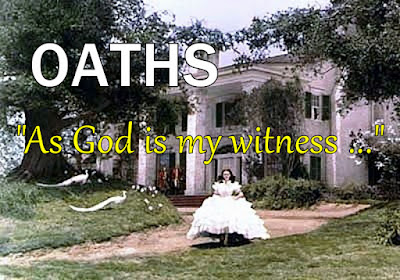THE POWER OF SACRIFICIAL LOVE
For Lent, our church is studying Twenty-four Hours that Changed the World by Adam Hamilton. We continue with torture and humiliation of the Christ.
Mark 15:15-23

Mark 15:15-23

I gave my back to those who struck
me, and my cheeks to those who pulled out the beard; I did not hid my
face from insult and spitting. Isaiah 50:6
The biblical
accounts of Jesus' torture and humiliation at the hands of the Roman
soldiers leave me with a sense of helplessness. There stood Jesus --
his hands bound, his body a mass of bleeding wounds clothed only in a
purple robe and a crown of thorns. He said nothing as he endured the
physical and emotional torture inflicted upon him while soldiers mocked him and repeatedly struck him,
Where is the power
in this?
Certainly we can
see the power of evil in this story – Judas' betrayal; the fear
that drove the actions of the disciples and the Sanhedrin; the
self-serving pettiness of the religious leaders; the complacency of
Pilot; the anger of the crowd; the cruelty of the Roman soldiers. The reminder of such power makes me uneasy.
It makes me uncomfortable because it reminds me of the potential for evil that is within me and within all human beings -- evil like the Holocaust of Nazi Germany; the lynching and
cross burning in our own country; genocide in Croatia and Rwanda; the
torture and humiliation of prisoners in Abu Ghraib prison; the sex
trade and other forms of human slavery that still exist in our
country and in the world today. And all along the way, there have been people who, out of fear, find themselves supporting policies and
practices that allow these acts of inhumanity to continue.
Under the right
circumstances, it is frightening to think of what I or anyone else is
capable of and of what we lose to evil – our humanity. You see, we
are created in the image of God, that is we were made to reflect in
our lives and actions the essence of God, which is love. We were
made to love mercy, do justice, to love our neighbors as we have been
loved by God through Christ and to walk with God. When we act
contrary to that, the image of God in us begins to degenerate.
But there is
another power at work here. It is the power of God's unconditional,
self-giving, self-sacrificing love. Christ's suffering and death
didn't change God so God was able to love us. The reason for the
torture, humiliation and death of Christ was to send us a message that is powerful enough to change human lives.
Part of the
American Soldier's creed states, “I will never leave a fallen
comrade.” In the movie, “Forest Gump,” there is a scene that
takes place in the jungles of Viet Nam where Forest returns again and
again to rescue four wounded men. Even in the movie, “Lilo and
Stitch,” we're reminded of that through the Hawaiian word “ohana,”
which means, in a family, no one gets left behind.
This is the message
in the suffering and death of Christ. “Look at me, and see how far
I am willing to go to make sure you are not left behind, left
behind, trapped in the power of evil and sinfulness and condemned
to spiritual death."
This is a message
of deliverance that reminds us of our brokeness and our need for
repentance and offers us wholeness, healing and the promise of life. The power of
Christ's sacrificial love regenerates, restores that image of God
within us and frees us to be the people God created us to be. It
calls us to live differently, to participate in the transforming love
of Christ so that we can make a meaningful difference in a world full of sin and
evil.
In November, 2004,
Tammy Duckworth was serving in Iraq when the Black Hawk helicopter
she was co-piloting was hit by rocket grenades. Her legs severed,
her arm crushed, she lay dying in the wreckage. Despite the eminent
danger of capture and death, her fellow soldiers extricated her and
carried her to safety. When asked about the great risk her fellow
soldiers took to save her, Duckworth said, “You have to get up
every day and seek to live in such a way as to be worthy of that kind
of effort and sacrifice.”
Adam Hamilton, in
his book, Twenty-four Hours that Changed the World, writes,
“That is the power of sacrificial love, and that is exactly what
the cross of Christ is meant to inspire us to do. We have to look at
the cross of Jesus and say, 'I have to live in such a way as to be
worthy of that sacrifice.'” (p. 92)
How will we each
live our lives in such a way as to be worthy of that sacrifice? How
will our words and our actions share the message of Christ's love
with the world and stand against injustice, oppression, exploitation
and the evil in this world? How will we serve Christ so that others
are not left behind?



Comments
Post a Comment